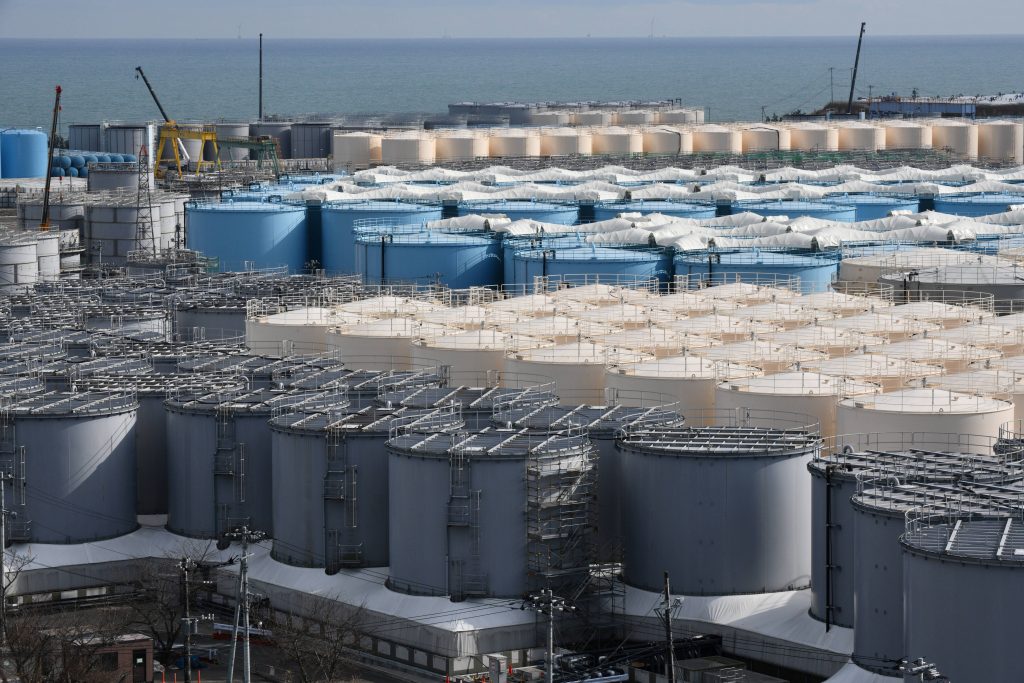
- ARAB NEWS
- 18 Jul 2025

Arab News Japan
TOKYO: In response to a decision by the Japanese government to dispose over one million tonnes of contaminated water from the Fukushima nuclear disaster, Greenpeace Japan released a statement criticizing the plan and asserting that the radioactive water could change human DNA.
The disposal of contaminated water at the Fukushima Daiichi plant has been a longstanding problem for Japan as it proceeds with an decades-long decommissioning project.
Nearly 1.2 million tonnes of contaminated water are currently stored in huge tanks at the facility and the issue regarding what to do with it has ignited an intense, ongoing debate.
The plant, run by Tokyo Electric Power Company Holdings Inc , suffered multiple nuclear meltdowns after a earthquake and tsunami.
On October 16, Japan’s industry minister Hiroshi Kajiyama said that no decision had been made on the disposal of the water yet, but the government aims to make one quickly.
While many scientists have said that dumping the water would pose “little risk,“ fishermen and environmental groups have strongly opposed the idea. Greenpeace Japan asserts that a new investigation that was conducted in partnership with Greenpeace East Asia found that if released, all of the carbon-14 in the water would be discharged into the ocean.
Greenpeace says that because of carbon-14’s long half-life, it persists over thousands of years and is incorporated into living matter, leading to high concentrations in fish and even the possibility to damage human DNA.
Shaun Burnie, a senior nuclear specialist with Greenpeace Germany, said that the scale of the crisis was still being covered up by the Japanese government and Tokyo Electric Power Company (TEPCO). The report also insisted that TEPCO decided against the best-available water treatment option by choosing ALPS technology by inexperienced corporations.
“The Japanese government and TEPCO have constructed a series of myths in an attempt to justify their dumping plans,” said Burnie. “There is no technical, engineering or legal barrier to securing additional storage space for ALPS-treated contaminated water. It is a matter of political will.”